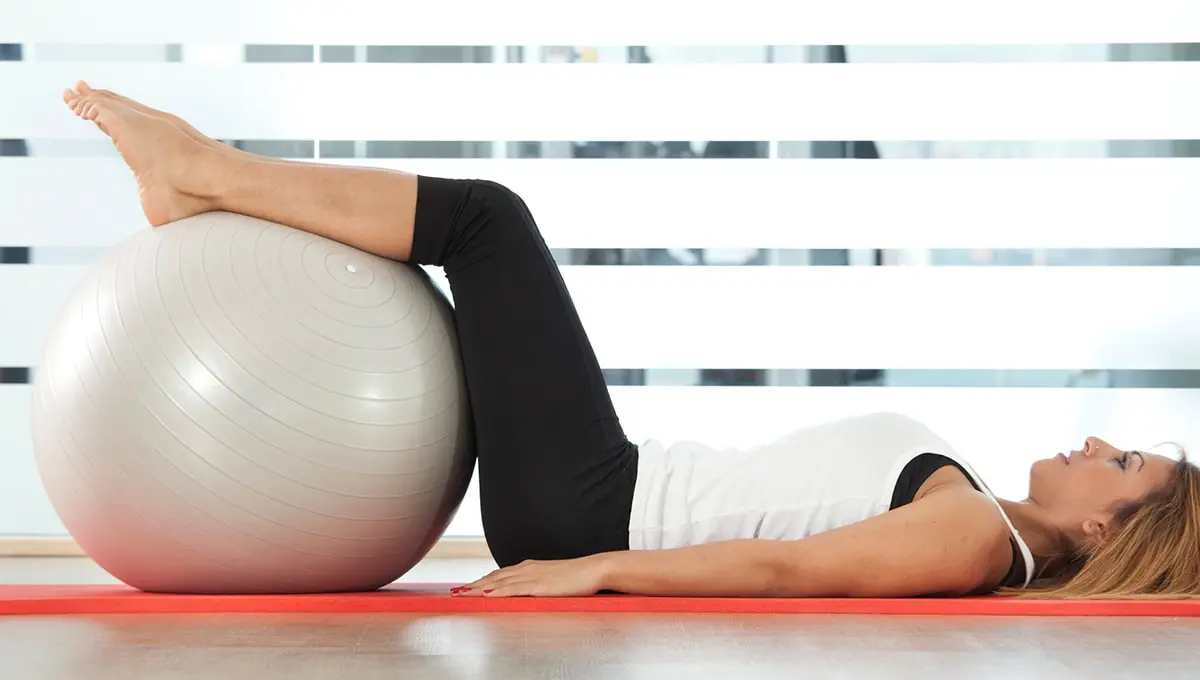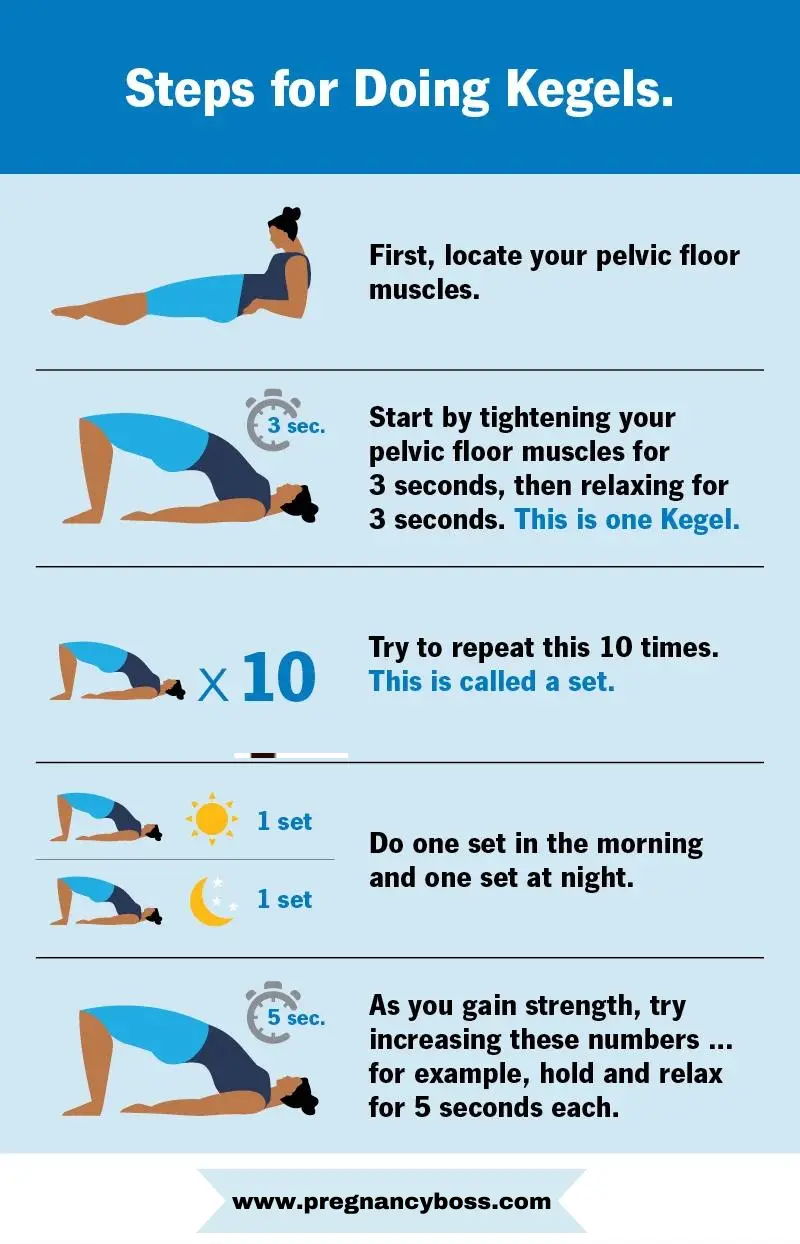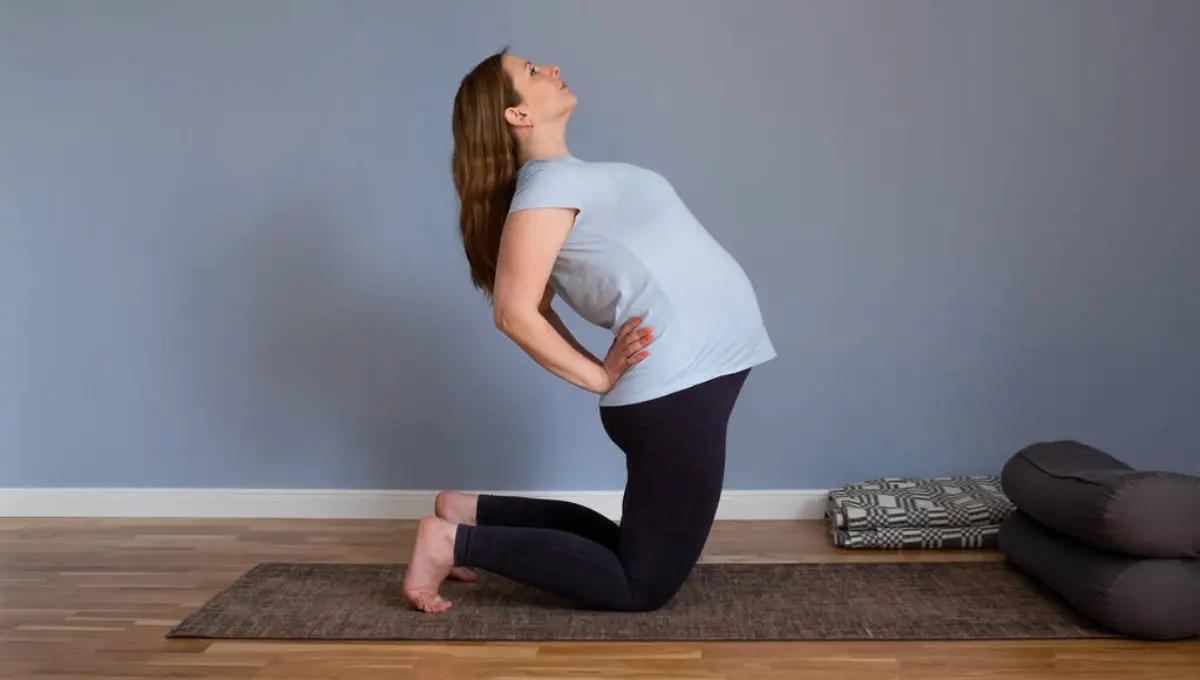
Are you prepared to bring your child into the world? You might be eager to do everything to induce labor as your due date draws near. There are many old wives’ stories about what might cause labor, from spicy foods to lengthy walks. But which of them really do? We’ll examine the facts behind a few typical labor-inducing movements in this post on PregnancyBoss and give some highly suggested movements that might aid in your labor preparation.
Related: Eating Dates For Natural Induction
Myth Busted
Let’s start by debunking some common labor-inducing myths. Here are five moves that are often touted as effective labor inducers, but don’t have much scientific evidence to back them up:
1. Curb Walking
Curb walking involves walking up and down a curb, with one foot on the curb and the other on the ground. The idea is that the uneven surface will help the baby move down into the pelvis and put pressure on the cervix, leading to contractions. However, there is no scientific evidence to support this claim. While walking can help get your baby into a good position for birth, there is no evidence that walking on a curb is any more effective than walking on a flat surface.
2. Spicy Foods
Spicy foods are often recommended as a way to induce labor, as they can cause digestive upset and stimulate the bowels. However, there is no evidence that spicy foods can actually trigger contractions. In fact, they may cause heartburn and indigestion, which can make you feel uncomfortable and interfere with sleep.
3. Nipple Stimulation
Nipple stimulation is another technique that some people believe can help to induce labor. The idea is that stimulating the nipples can release oxytocin, a hormone that can cause contractions. While there is some evidence to suggest that nipple stimulation can be effective, it should only be done under the guidance of a healthcare provider.
Related: Castor Oil To Induce Labor
4. Sex
Some people believe that having sex can help to induce labor by stimulating the cervix. While there is some evidence to suggest that sex can help to ripen the cervix, there is no guarantee that it will induce labor. However, sex can be a safe and enjoyable way for expectant parents to bond and relieve stress.
5. Castor Oil
Castor oil is a laxative that some people believe can help to induce labor. The idea is that the oil can stimulate the bowels, which can in turn stimulate the uterus. However, there is no scientific evidence to support this claim, and castor oil can cause diarrhea and dehydration, which can be dangerous for pregnant women.
Highly Recommended Labor-Inducing Moves
Now that we’ve busted some common labor-inducing myths, let’s explore some moves that are safe and highly recommended for preparing for labor.
1. Squats

Squats are a great way to strengthen your legs and pelvic muscles, which can help you push during labor. They also help open up your pelvis and encourage your baby to move down into the birth canal. To do a squat, stand with your feet shoulder-width apart and lower your body down as if you were sitting in a chair. Keep your back straight and your knees behind your toes. Hold the squat for a few seconds, then stand back up. Repeat for several reps.
2. Pelvic Tilts

Pelvic tilts are another great way to strengthen your pelvic muscles and prepare for labor. They also help relieve back pain and improve posture. To do a pelvic tilt, lie on your back with your knees bent and your feet flat on the floor. Tighten your abdominal muscles and tilt your pelvis upward, pressing your lower back into the floor. Hold for a few seconds, then release. Repeat for several reps.
3. Cat-Cow Stretch

The cat-cow stretch is a gentle yoga move that can help relieve tension in your back and pelvis. It also helps encourage your baby to move into the optimal position for birth. To do the cat-cow stretch, get on your hands and knees with your wrists directly under your shoulders and your knees directly under your hips. Inhale and arch your back, lifting your head and tailbone. Exhale and round your spine, tucking your chin to your chest and pulling your belly button towards your spine. Repeat for several reps.
4. Kegels

Kegels are exercises that strengthen the pelvic floor muscles, which can help prevent urinary incontinence and improve sexual function. They can also help prepare your pelvic muscles for labor and delivery. To do a kegel, tighten your pelvic muscles as if you were trying to stop the flow of urine. Hold for a few seconds, then release. Repeat for several reps.

5. Prenatal Yoga

Prenatal yoga is a great way to stay active and prepare for labor. It can help improve flexibility, reduce stress, and promote relaxation. Many yoga poses are also beneficial for opening up the pelvis and encouraging your baby to move into the optimal position for birth. Look for a prenatal yoga class in your area or try a video online.
Related: What Is Curb Walking To Induce Labor?
Conclusion
In the grand journey of pregnancy, the last few weeks can seem like an eternity. Labor-inducing moves offer a glimmer of hope, a chance to meet your little one sooner. While there’s no guaranteed method, these natural techniques can be a comforting nudge for both you and your baby. Remember, patience is key, and your healthcare provider should always be your guiding star. As you embark on this exciting adventure, armed with knowledge about labor-inducing moves, may your journey into parenthood be as smooth as it can be. Good luck!
Related: What Is The Miles Circuit To Induce Labor?
Frequently Asked Questions (FAQs)
What are labor-inducing moves?
Labor-inducing moves are exercises and movements that can help encourage labor and prepare your body for delivery.
Are labor-inducing moves safe?
Yes, labor-inducing moves are generally safe for most pregnant women. However, it’s always a good idea to check with your healthcare provider before starting any new exercise routine.
When should I start doing labor-inducing moves?
You can start doing labor-inducing moves at any time during your pregnancy. However, it’s best to wait until you are at least 37 weeks pregnant before trying to induce labor.
How often should I do labor-inducing moves?
You can do labor-inducing moves as often as you like. However, it’s important to listen to your body and not overdo it.
Can labor-inducing moves guarantee that I will go into labor?
No, there is no guaranteed way to induce labor. However, labor-inducing moves can help prepare your body for delivery and encourage labor to start.
What should I do if I experience pain or discomfort while doing labor-inducing moves?
If you experience pain or discomfort while doing labor-inducing moves, stop immediately and consult your healthcare provider.












